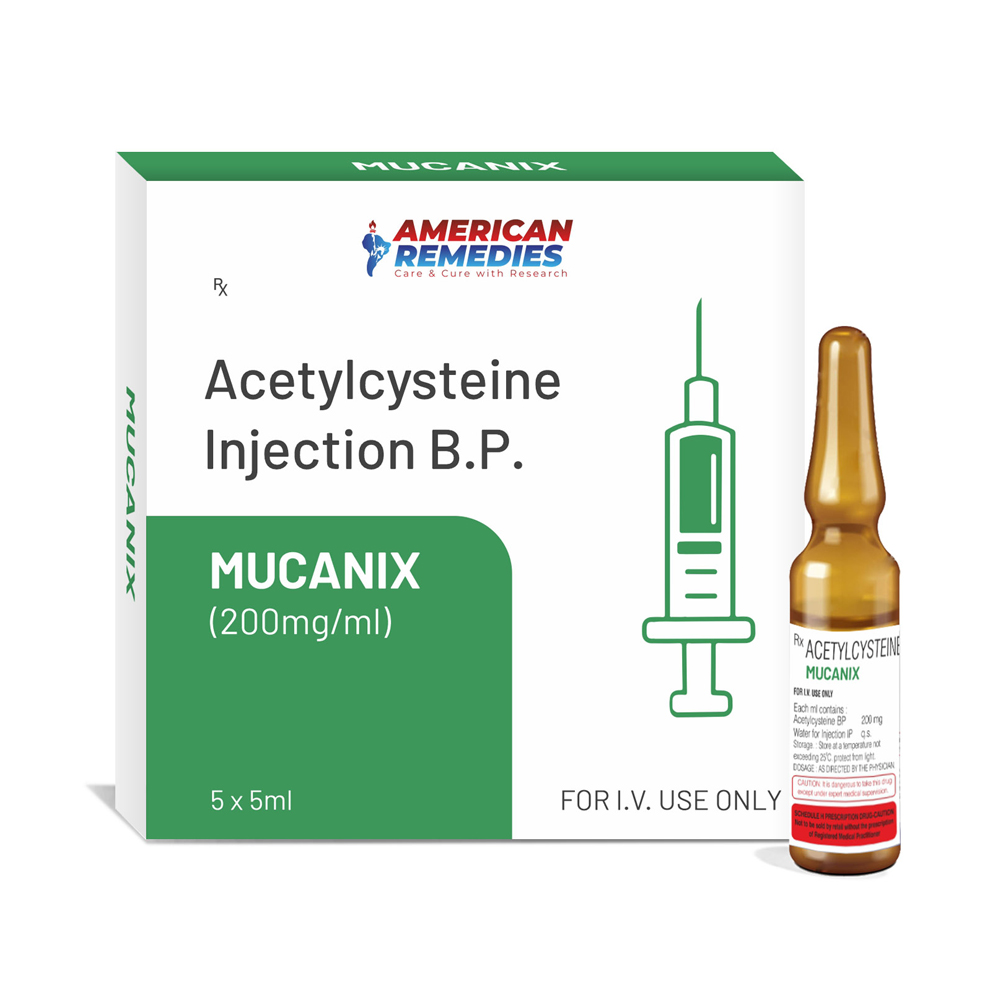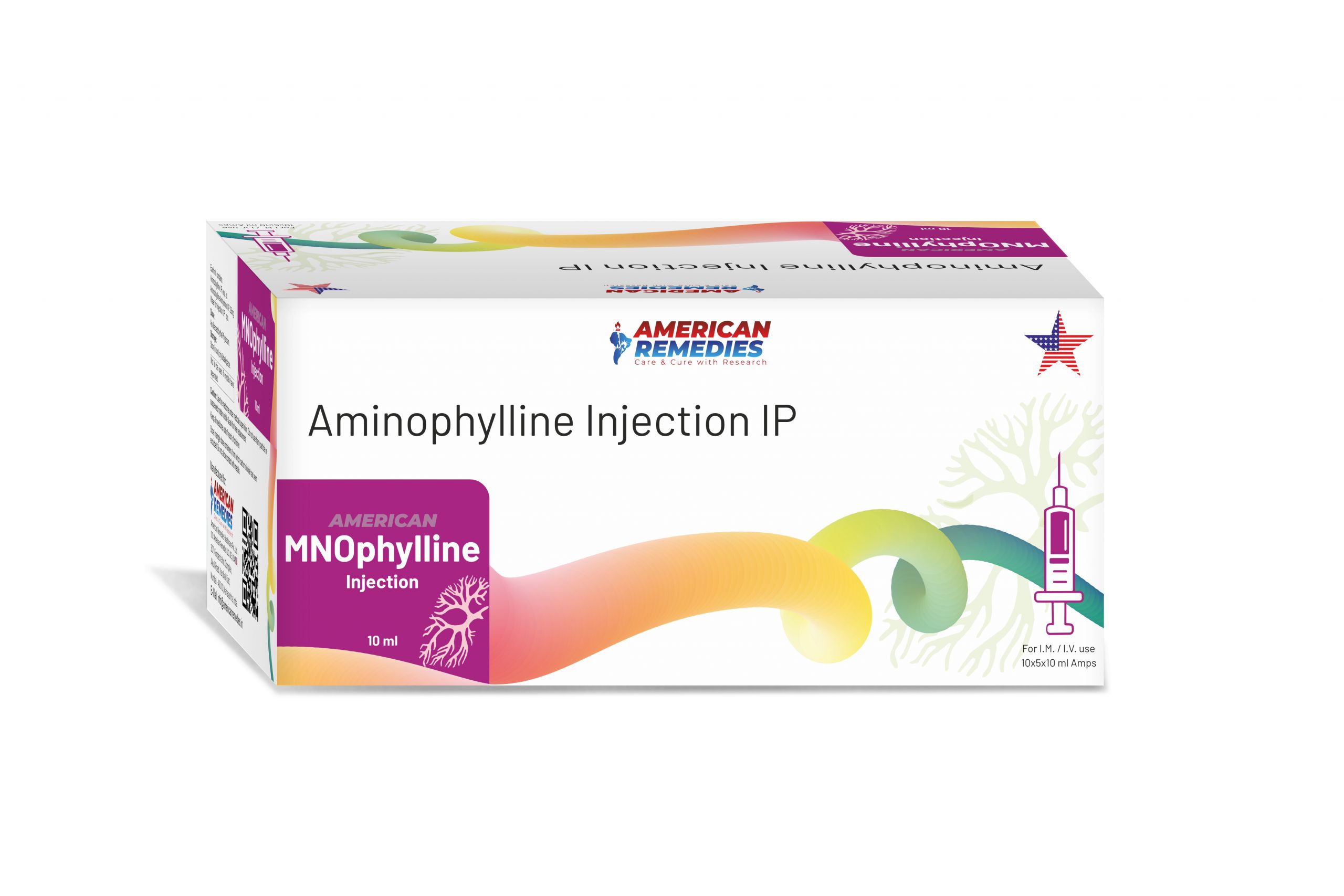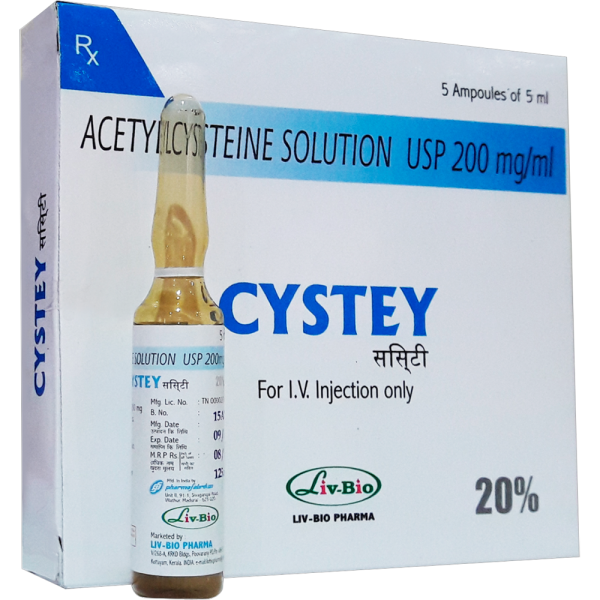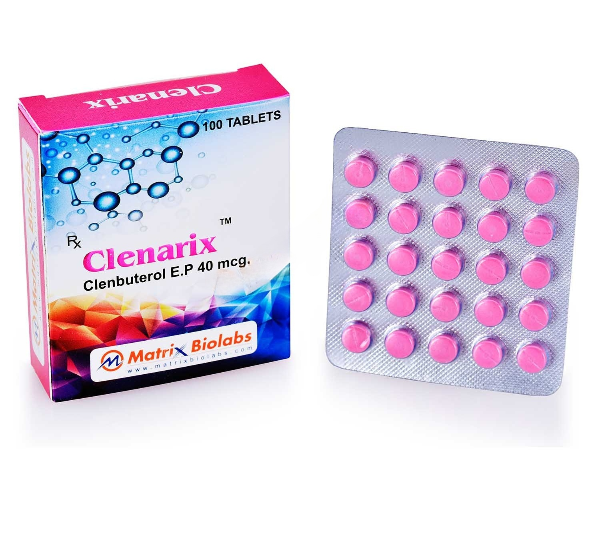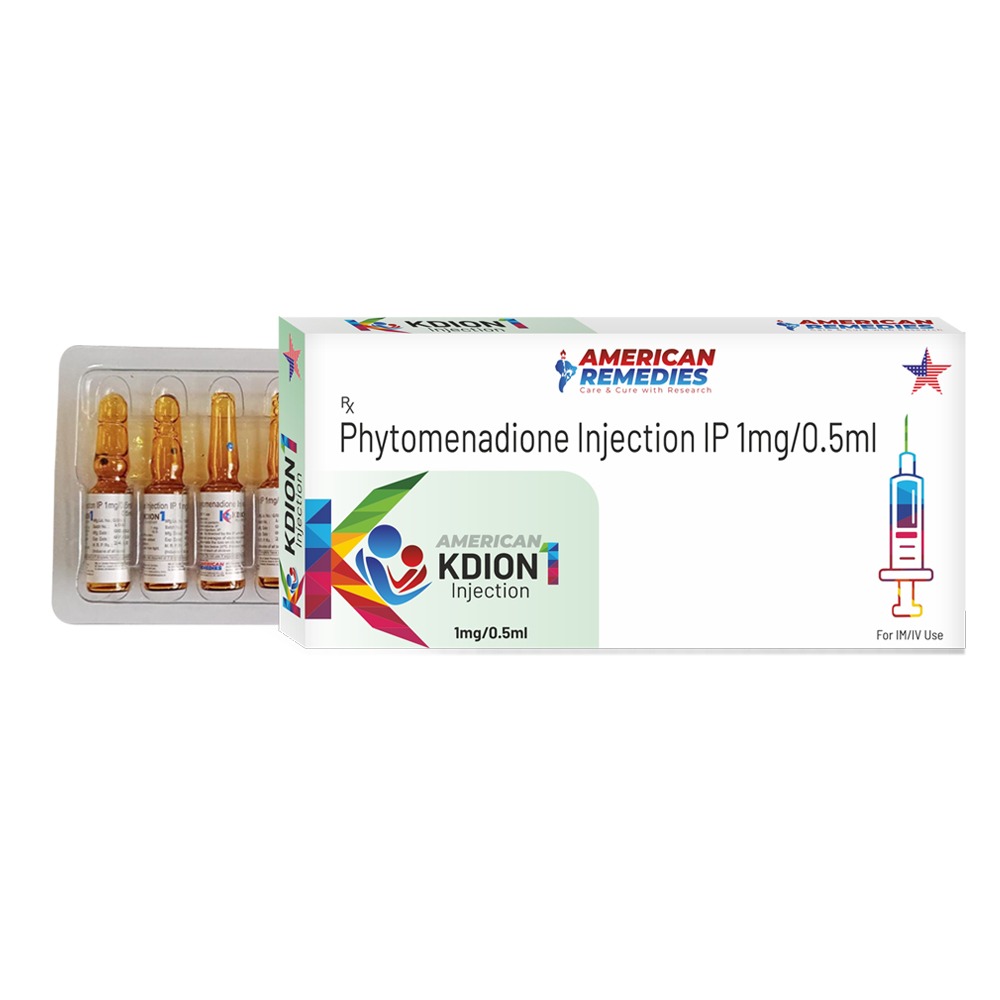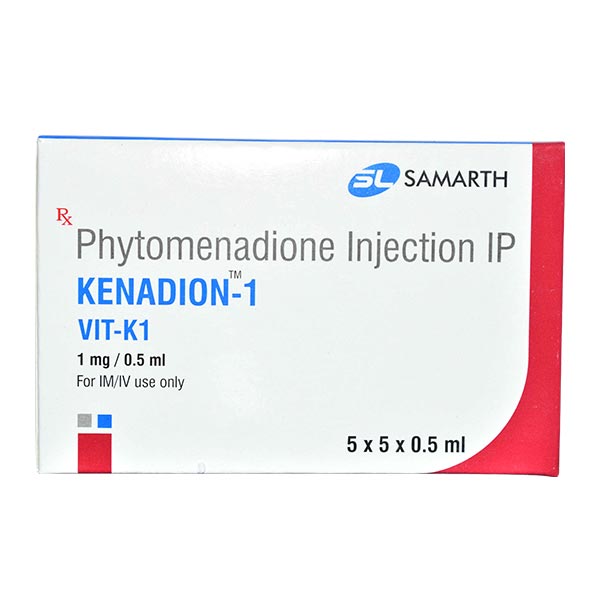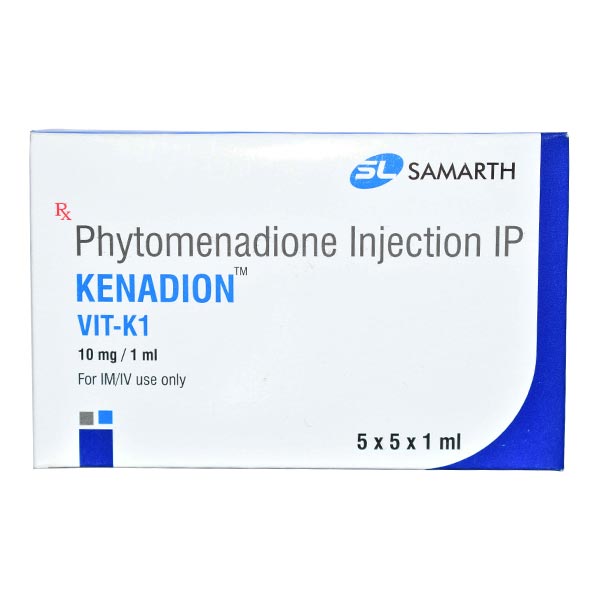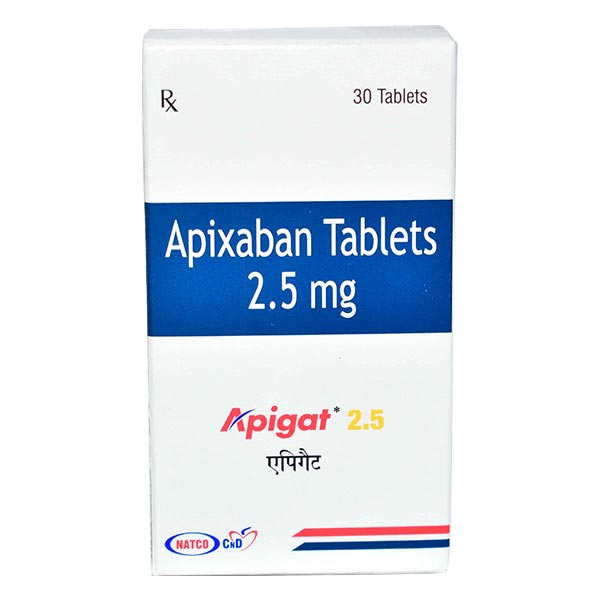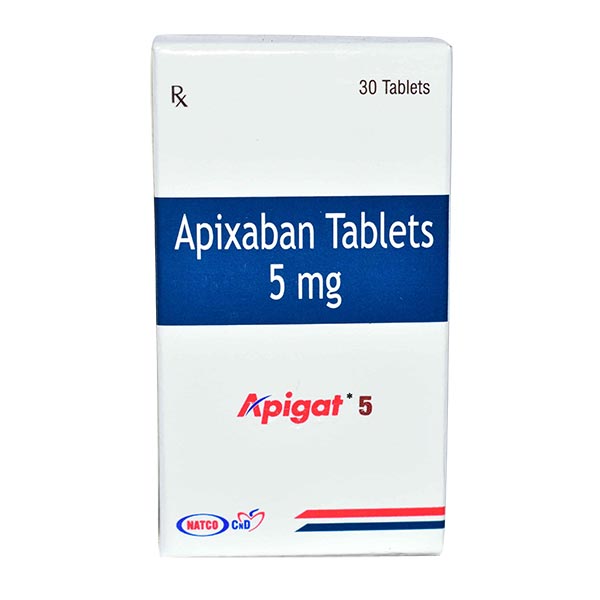General Medicine
Acetylcysteine (N-Acetylcysteine or NAC) Injection is a medication with various clinical uses, particularly in treating acute poisoning and respiratory conditions. It is the injectable form of NAC, which is also available in oral and inhalation formulations.
🔹 Common Uses of Acetylcysteine Injection (NAC Injection):
💊 Acetaminophen (Paracetamol) Overdose:
Primary and well-established use: Acetylcysteine is the antidote for acetaminophen toxicity (overdose).
It works by replenishing glutathione, a crucial antioxidant in the liver, thus preventing liver damage caused by acetaminophen metabolism.
Early administration is key: Can prevent or minimize liver damage if administered within 8–10 hours of overdose.
🫁 Chronic Obstructive Pulmonary Disease (COPD) / Respiratory Conditions:
Mucolytic action: NAC helps to break down and thin mucus in the lungs, making it easier to cough up.
Often used in COPD, chronic bronchitis, asthma, and other conditions where thick mucus obstructs airways.
Nebulized NAC is sometimes used for inhalation to directly treat respiratory conditions.
🧬 Kidney Protection (Preventing Contrast-Induced Nephropathy):
Prophylactic use in patients who are at high risk of contrast-induced kidney damage (e.g., before receiving contrast media in imaging procedures like CT scans).
NAC may help protect kidney function from damage caused by the contrast agents used during these procedures.
🔬 Antioxidant Therapy in Critical Care:
NAC is used as an antioxidant to reduce oxidative stress in various conditions such as sepsis, acute respiratory distress syndrome (ARDS), and other critical illnesses.
It helps to reduce inflammation and cell damage by neutralizing free radicals.
🧪 Treatment of Cystic Fibrosis (CF):
While primarily in oral or nebulized form, acetylcysteine may sometimes be used intravenously to help manage mucus buildup in the airways in CF patients, although this is less common.
🍸 Alcohol-Induced Liver Injury:
NAC has been investigated in treating alcohol-induced liver damage, as it helps with glutathione replenishment and reduces oxidative stress. It’s sometimes used in the hospital setting for patients with alcoholic liver disease.
💉 How It’s Administered:
Intravenously (IV) is the most common method for acetaminophen overdose or critical care.
It is usually given as a slow infusion, with the dosage adjusted based on the severity of the condition being treated (e.g., for acetaminophen toxicity, a specific dosing regimen is followed).
⚠️ Precautions & Side Effects:
Common Side Effects:
Nausea or vomiting (especially with high doses)
Rash
Fever
Hypotension (low blood pressure) during IV administration
Severe Reactions:
Rarely, an allergic reaction (e.g., anaphylaxis) may occur.
Bronchospasm (tightening of the airways) in patients with a history of asthma, though this is less common with IV use.
Kidney function should be monitored, especially in patients at high risk of renal issues or those receiving contrast agents.
✅ Summary of Acetylcysteine Injection Uses:
Condition Use of Acetylcysteine (NAC) Injection
Acetaminophen overdose ✅ Primary antidote
Mucolytic (thinning mucus) for respiratory conditions ✅ COPD, chronic bronchitis, asthma
Kidney protection in contrast nephropathy ✅ Prevent contrast-induced kidney damage
Antioxidant therapy in critical care ✅ Sepsis, ARDS, oxidative stress
Cystic Fibrosis (mucus management) ✅ Less common, but used
Alcohol-induced liver injury ✅ Investigational (glutathione replenishment)
Send
Message
